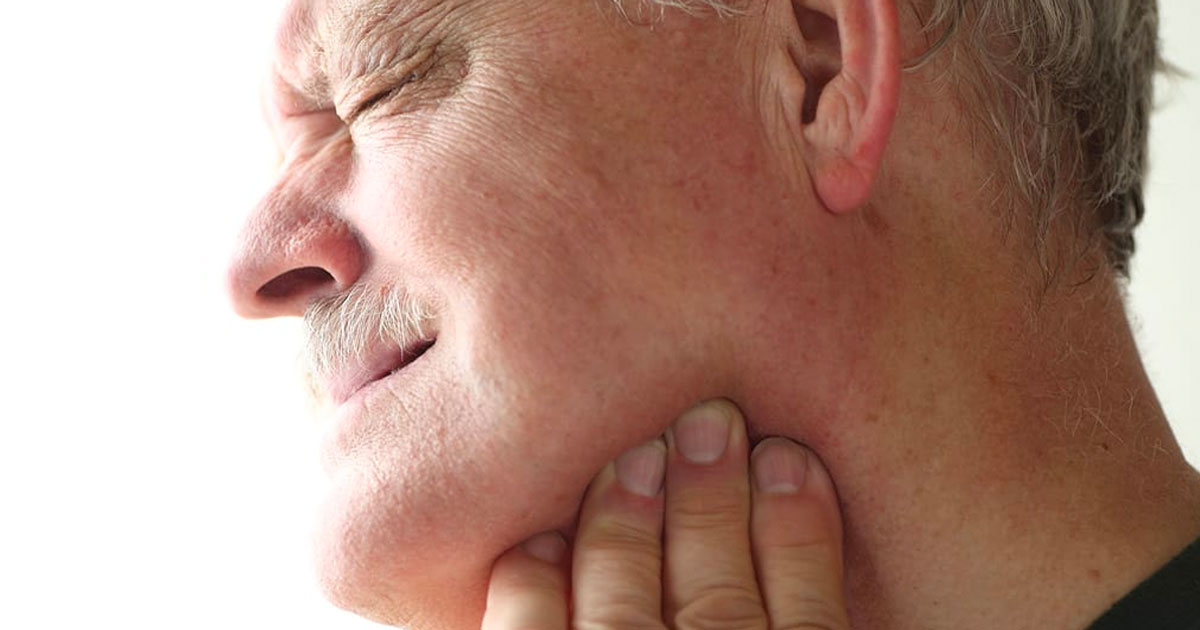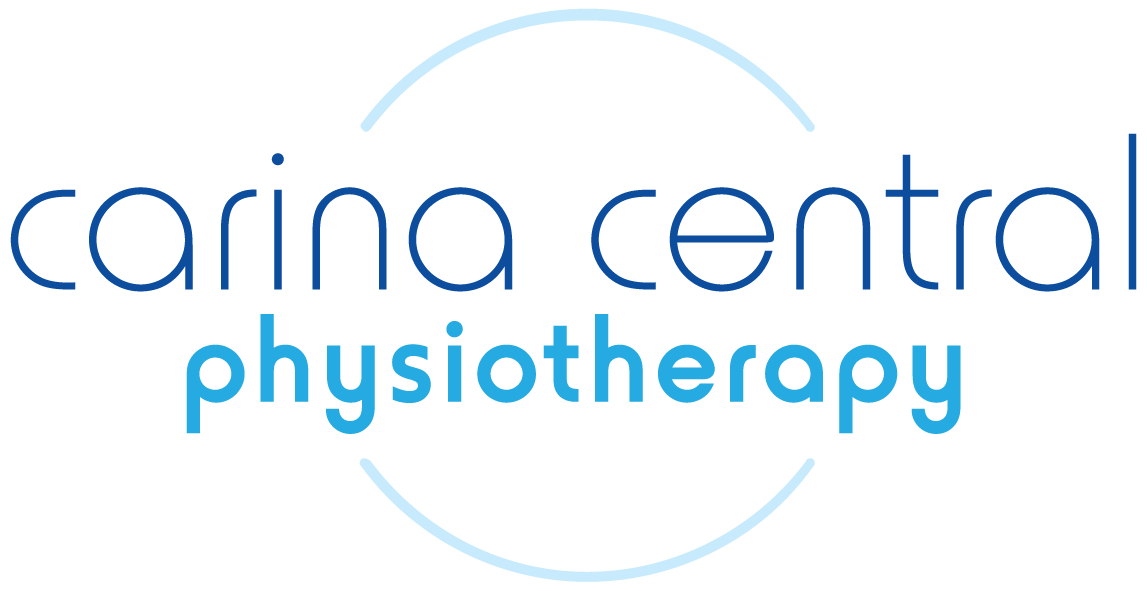
“My jaw hurts!” Temporomandibular Disorders (TMD)
How do I know if I have TMD?
Pain is commonly felt over the jaw joint itself (just in front of the ear) with potential for the pain to be felt in the face, ear and neck; headaches are often reported due to the nerve connections in the area. Some people will experience sensations of the jaw clicking and locking with certain movements. While less common symptoms can also include ringing or fullness in the ears and dizziness.
Such discomfort in turn restricts movement and affects activities such as chewing, biting, talking and yawning.
TMD and neck problems- “it’s all connected”
A slouched and ‘poking chin’ posture puts increased pressure on the TMJ where the jaw is dragged forward and muscles have to overwork to keep the mouth closed. This results in a painful and potentially clicking jaw as the joint is working under strain. Those who have jaw symptoms often do have accompanying symptoms of pain and stiffness in the neck.
How can the Musculoskeletal Physiotherapist help?
Musculoskeletal physiotherapists have advanced training in clinical reasoning and treatment skills in treating a range of musculoskeletal conditions including the temporomandibular region.
This includes rehabilitation after jaw trauma or surgery, jaw discomfort post dental work, muscle tension related to grinding or clenching habits, as well as specific arthritic conditions.
What will the treatment involve?
- Firstly the physiotherapist will do a thorough assessment of how your jaw moves in different directions, looking for flexibility, strength, symmetry, and any symptoms such as pain and clicking. Examination of your neck and posture will also be performed.
- Treatment aims to reduce pain with a variety of strategies such as hands-on therapy, ultrasound, ice and heat.
- Time will be spent to retrain the posture of your neck and jaw.
- The physiotherapist will use a range of joint mobilisation and muscle techniques to relieve any stiffness in your jaw and neck.
- A home program will be provided with specific exercises based on assessment findings; this is also combined with relevant education and advice on how to manage your condition in the long term.
- Musculoskeletal Physiotherapists work closely with Dentists and Orofacial surgeons to manage a variety of TMD. We will refer you on for a dental review when necessary.
- Eating - Choose softer foods to minimise pain when chewing; cut food into smaller pieces to minimise pain when biting or opening.
- Jaw opening - Support under your chin when yawning to avoid excessive stretch
- Oral habits - Avoid clenching or grinding teeth (note this especially in relation to stress), biting nails and chewing gum.
- Head-neck posture - Maintain good sitting posture- tuck chin in gently while the back of the head lifts slightly

If you are experiencing jaw pain, request an appointment with Jennie Wong for an assessment.
